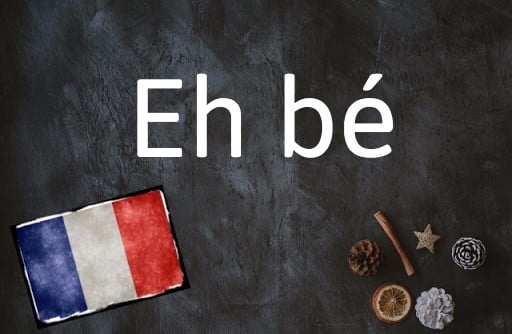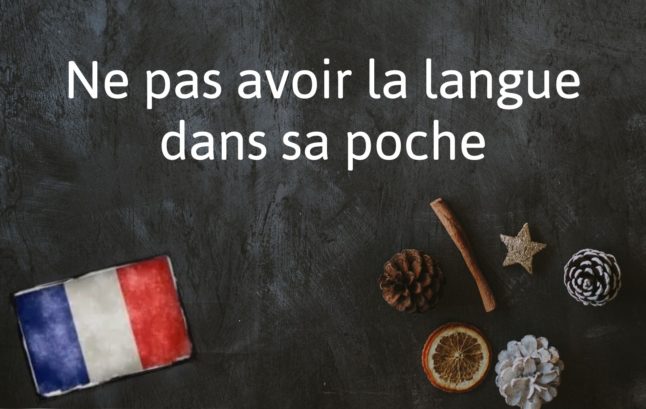Why do I need to know eh bé?
Because you may have noticed French people saying this when they’re surprised.
What does it mean?
This expression comes from the south, specifically from the Occitan expression e ben (eh bien in standard French) but is used all over France. Wiktionnaire has recordings of different pronunciations from different regions you can listen to here.
Eh bé is similar to filler words like hein, enfin or quoi that make you sound more French.
It’s used to express surprise or to draw attention to a remark, and may be translated as “well, well” or “I say”.
You may also see it spelled in various different ways: hé bé, é bé, eh ben, or even eh bhe like Aya Nakamura in this Twitter post:
💀 EH BHEEE !!Merci à vous pour tout ça 💕 https://t.co/UYhsHh80Tl
— Aya Nakamura (@AyaNakamuraa) July 20, 2020
Use it like this
Eh ben dis donc! – Well, well, well!
Eh bé, on aurait pas cru! – Well, well, who would have thought!
Synonyms
ça alors! – my goodness!
tiens donc – fancy that



 Please whitelist us to continue reading.
Please whitelist us to continue reading.
Attention à la forme négative. Le ne ou n’ est obligatoire!
Eh bé, on N’ aurait pas cru!
On n’ira pas. On ne le croirait pas etc.
http://www.frenchwithsimone.com